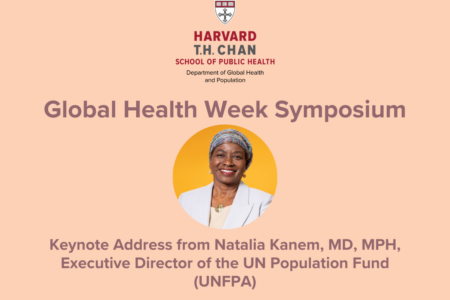
- This event has passed.
The Real-time Assessment of Community Transmission (REACT) studies of SARS-CoV-2 infection and antibody response in England
December 1st, 2021 @ 1:00 pm - 2:00 pm

The Department of Epidemiology Seminar Series
Speaker:
Paul Elliott, MBBS, PhD, FMedSci
Professor, Faculty of Medicine, School of Public Health
Chair in Epidemiology and Public Health Medicine
Imperial College London
The REACT programme commenced data collection in England in May 2020 in response to the COVID-19 pandemic. It is being undertaken as a collaboration between Imperial College London and the logistics partner, Ipsos MORI. REACT-1 is collecting demographic information, questionnaire data and self-administered swabs for testing by RT-PCR for SARS-CoV-2 infection from random samples of ~100,000 or more of the population of England (ages 5+ years) over a period of 2-3 weeks each month. The sampling is based on the National Health Service (NHS) list of patients registered with a general practitioner in England which includes nearly all of the population. The study provides up-to-date information on the spread of the virus across the population, the reproduction number R and latterly vaccine effectiveness against infection. Results are rapidly disseminated to government, the public and the scientific community to provide situational awareness and inform the public health response. To date over 2 million people have taken part. REACT-2 used a similar approach to random sampling of the adult population of England through the NHS register to obtain information on antibody levels using an at-home lateral flow immunoassay (LFIA), with results (including a photograph of the completed test) uploaded to the study’s web portal. The LFIA underwent extensive testing in pilot, laboratory and field studies to validate its use for population-based studies. Six rounds have been completed involving ~900,000 people. The REACT programme also includes the REACT-GE (Genomics England) and REACT-LC (Long COVID) studies, which are investigating the natural history and long-term sequelae of SARS-CoV-2 infection and – in collaboration with Genomics England – biological signatures (including whole genome sequencing and other omic features) associated with persistent symptoms following infection. The design, methodological and logistic challenges and some findings from the REACT programme will be presented.
